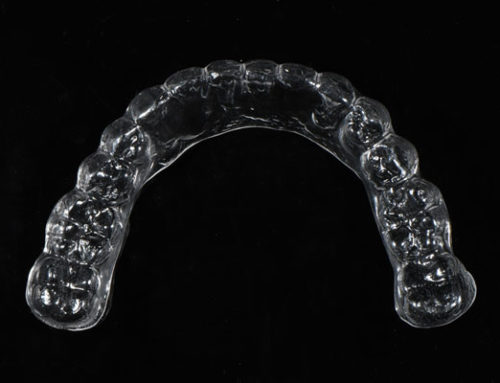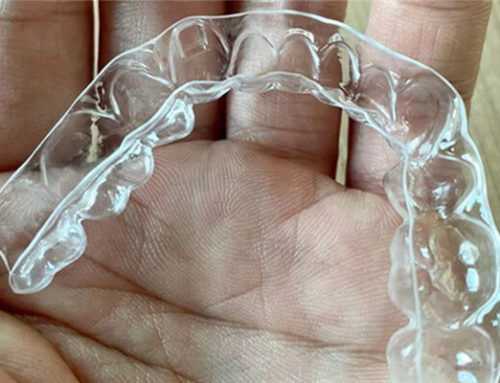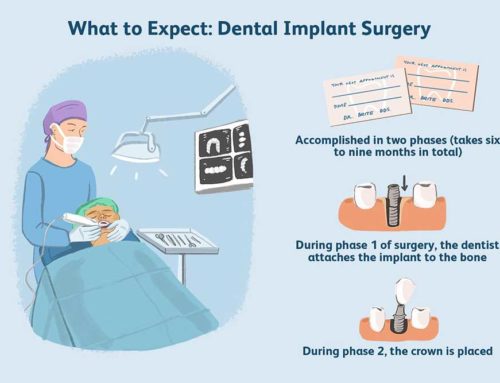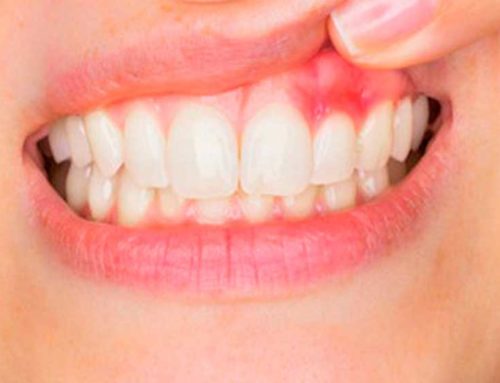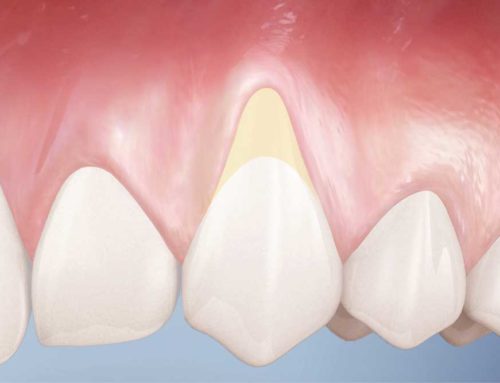Sleep apnea is characterized by frequent waking from sleep due to airway obstruction, affecting up to 10% of adults. Surprisingly, this underdiagnosed disease can affect your dental health. Read on to learn more about this situation and how it puts your dental health at risk.
1. Are you at risk of sleep apnea?
Although sleep apnea can affect anyone, certain indicators put you at greater risk. People who are more prone to sleep apnea:
- Overweight
- Over 40 years old?
- Usually male
- Other family members suffer from sleep apnea
If you have a small jaw, sinus problems, or large tonsils that make you snore, you may also have sleep apnea.
2. What happens if sleep apnea continues to be treated?
You may not remember waking up all night, but you will definitely notice symptoms the next morning. You may have a headache or a dry sore throat. Even though you slept all night, you will still feel sleepy all day because of a lack of quality sleep. You may even fall asleep repeatedly during the day. Lack of sleep can also make you irritable and possibly depressed.
If left untreated, these symptoms will become more severe over time. The constant pressure of forcing yourself to wake up just to breathe can cause harm to your body. You are more likely to suffer from high blood pressure, stroke, heart disease and diabetes.
3. What does sleep apnea have to do with your teeth?
Sleep apnea occurs when the airway is blocked and you are deprived of oxygen. Then your body will force you to wake up and breathe consciously. This connection with the respiratory tract will eventually affect your mouth, jaw, and teeth.
Molar
Bruxism or bruxism often occurs in patients with sleep apnea. Many patients will unconsciously grind their teeth to open the airways. Constant friction wears away the enamel of teeth, causing tiny cracks, chipping, and fractures, which weaken the teeth and make them susceptible to decay.
In addition, the action of grinding your teeth will put pressure on your muscles and jawbones. Over time, you may experience chronic pain and jaw dislocation.
If undiagnosed sleep apnea causes you to grind your teeth, any future dental work to improve or repair your worn out teeth is also at risk of damage.
Temporomandibular joint dysfunction
Temporomandibular joint dysfunction is characterized by pain and the inability to fully move your mandibular joint and surrounding muscles. You may already feel jaw pain from grinding your teeth, but sleep apnea can increase this pain to the extent of temporomandibular joint dysfunction. Restricted airway hypoxia can aggravate jaw pain and headaches. Lack of good REM sleep will further aggravate joint and muscle pain.
Periodontitis
Among several causes of periodontitis or gum infection, chronic inflammation is one of them. You can go to the dentist regularly and use a toothbrush and dental floss to control plaque, but overall inflammation may also appear in your gums. Small pockets are formed between teeth and gums, where saliva and food particles quickly become plaque and bacteria.
Experts believe that sleep apnea will lead to increased levels of inflammation in the body, including oral inflammation, periodontitis may occur in the oral cavity. Shockingly, a study found that 60% of patients with periodontitis also suffer from sleep apnea.
4. What are the treatment options?
Different severity of sleep apnea requires different treatment options. If you quit smoking, change your sleeping position, or lose weight, mild apneas may disappear.
If you have moderate or severe apneas, you may benefit from continuous positive pressure (CPAP). The CPAP machine delivers a steady flow of air to your nasal cavity and provides the oxygen you urgently need. Other types of treatment include a simple oral appliance that can adjust your tongue and jaw to help you breathe better.
